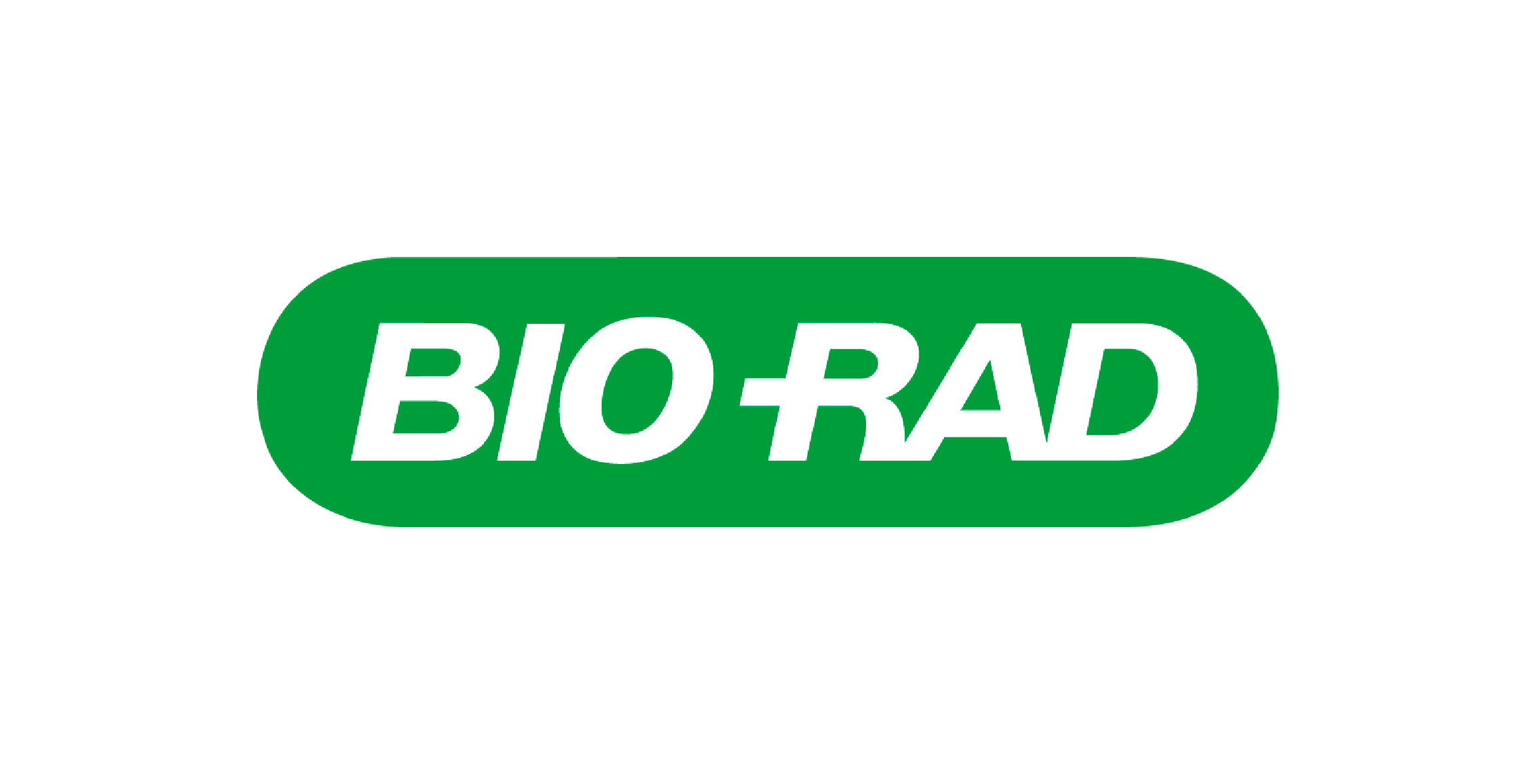Regulatory and Clinical Standards Compliance
We must be aware of regulatory and clinical standards and make sure we meet them.
We develop new ideas and run with them. That’s a big part of our success. But many of our research and development activities are subject to regulatory and clinical standards that require consistent and complete compliance. Our work must always focus on the health and safety of the patients who use Bio-Rad products as well as our compliance with the regulations and clinical standards that govern our work.
If your work at Bio-Rad is governed by these regulations and standards, such as requirements of the U.S. Food and Drug Administration (FDA) and other regulatory health authorities, then you are required to understand and follow the rules, policies, and procedures related to these requirements.

While there are many regulations, including international laws, that apply to the full lifecycle of our products, compliance with the standards pertaining to product design, validation, and good clinical practices are particularly important to the health and safety of the patients who ultimately benefit from our products.

Expectations
- We learn and follow rules, policies, and procedures that comply with applicable laws and standards.
- We recognize that regulatory and clinical standards protect the health and safety of our customers and patients who benefit from using our products, and we take these standards seriously.
Key Terms
Systematically developed steps that detail the care of patients or subjects to ensure the quality of care.
U.S. federal regulatory agency.
Good practice quality guidelines and regulations govern our work practices. The purpose of good practice guidelines is to ensure that a product, process, or practice is safe and meets the intended use.
The sequence of stages that a product progresses through, from introduction to maturity. It includes stages such as identifying need, research and development, manufacturing, sales, and product retirement.
U.S. regulations that cover all U.S. facilities that test human specimens for health assessment, or that diagnose, prevent, or treat disease. CLIA sets standards and issues certificates for clinical laboratory testing.
